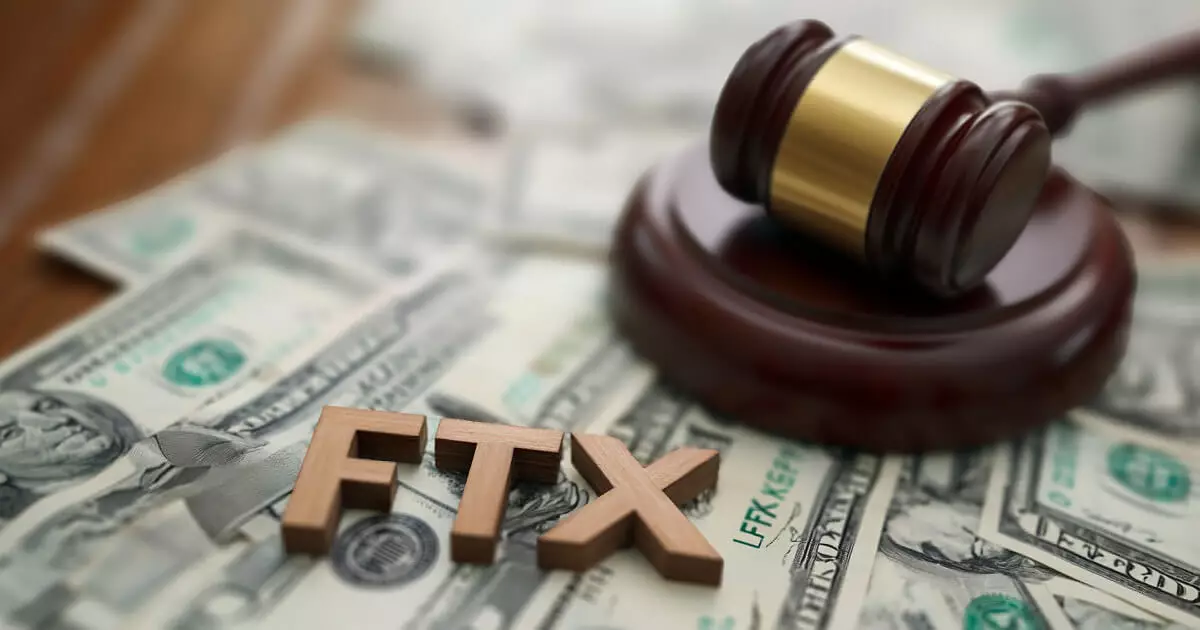The US Securities and Exchange Commission (SEC) has recently expressed concerns over the proposed repayment strategy in the ongoing FTX bankruptcy case. This plan, which involves repaying creditors through stablecoins or other digital assets, has raised red flags for the SEC, leading to potential legal challenges under federal securities laws. The SEC’s filing has added another layer of uncertainty to the already complex FTX bankruptcy process, drawing criticism for potentially prolonging the situation.
In a recent court filing on Aug. 30, the SEC stated that it reserves the right to challenge the legality of the proposed repayment transactions in the future, although it has not issued a definitive legal opinion at the moment. One of the key concerns raised by the SEC is the removal of a discharge provision from FTX’s Chapter 11 Plan, which would shield the company from certain legal liabilities, potentially hindering full accountability in the bankruptcy process. This cautious approach by the SEC has triggered backlash from industry experts, with many arguing that it may contribute to unnecessary delays and further complications in the bankruptcy proceedings.
Coinbase chief legal officer Paul Grewal criticized the SEC’s lack of clarity in a series of tweets, highlighting the ambiguity created by the regulatory body’s reservations. Grewal pointed out the potential consequences of leaving the door open to future legal challenges, emphasizing the need for clearer guidelines to provide stability and certainty for investors, consumers, and markets. His comments echo a broader sentiment within the crypto industry regarding the SEC’s inconsistent and sometimes opaque regulatory approach, fueling frustrations over the handling of the FTX bankruptcy case.
The SEC’s reservations concerning the use of stablecoins in creditor repayments have reignited debates about the classification of these digital assets under federal law. There is ongoing uncertainty about whether stablecoins should be treated as securities, raising questions about their legality in the context of bankruptcy proceedings. If the SEC decides to challenge FTX’s use of stablecoins and succeeds, it could set a precedent that impacts other companies and creditors involved in similar situations, shaping the future regulatory landscape for digital assets.
The SEC’s concerns and reservations regarding the repayment strategy in the FTX bankruptcy case have stirred up controversy and uncertainty within the crypto industry. The lack of clarity and potential legal challenges posed by the SEC could further complicate the bankruptcy proceedings and prolong the financial hardship for creditors. As debates on the classification of stablecoins continue, the outcome of the FTX case could have far-reaching implications for the regulation of digital assets in the future. It remains to be seen how this situation will unfold and what impact it will have on the broader crypto ecosystem.

